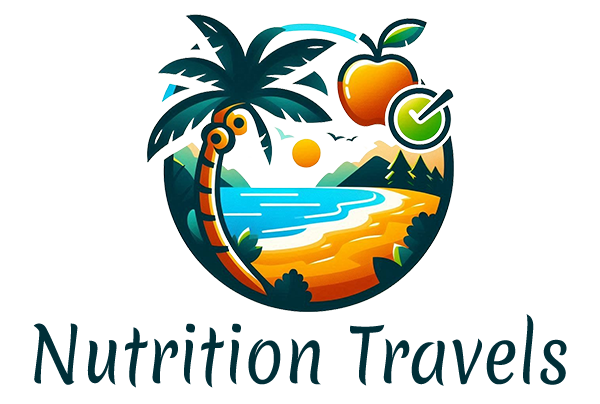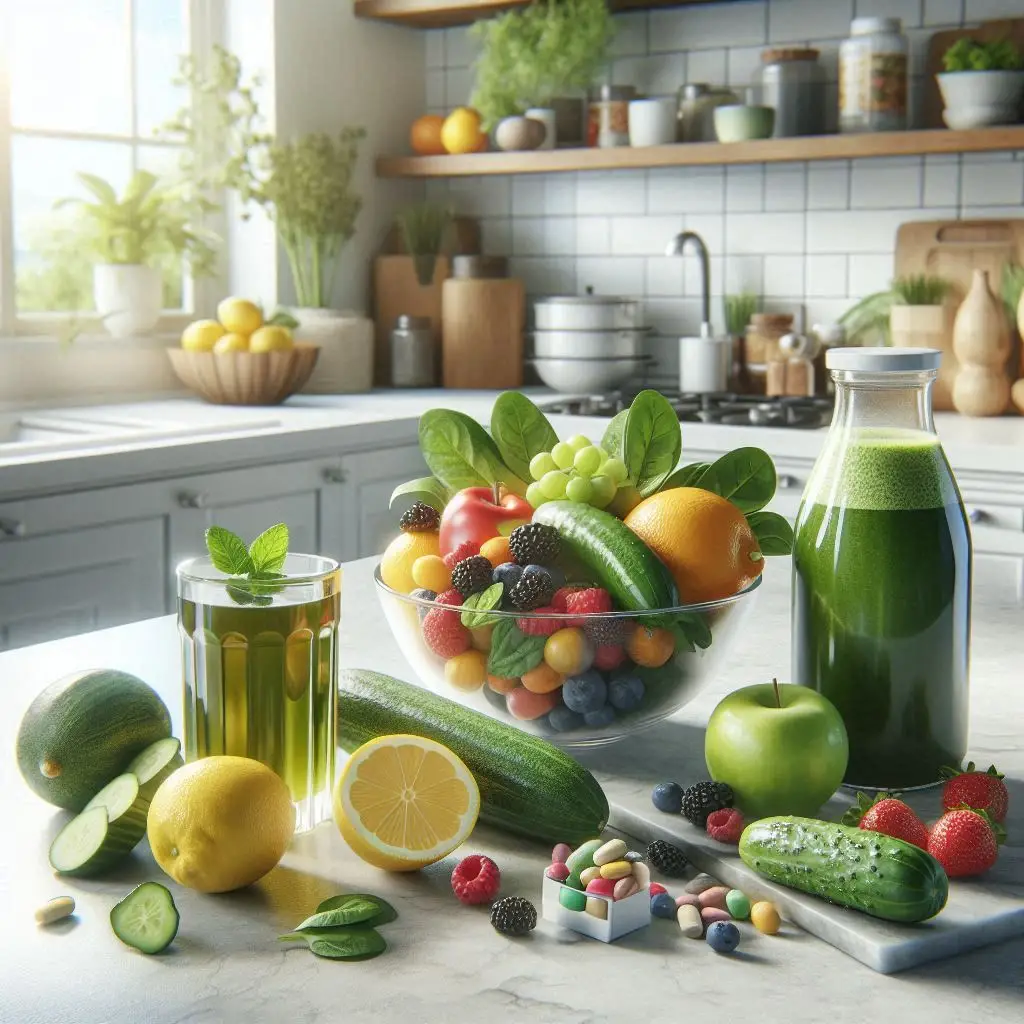Ever feel tired or off-balance for no clear reason? You might be missing essential vitamins. While we need them in small amounts, vitamins play a huge role in keeping your body and mind strong. In this article, we’ll explore the key vitamins your body depends on, where to get them, and how to avoid common deficiencies that may be silently affecting your health.
What Are Vitamins?
They are organic compounds that the body needs in small amounts, yet they are essential for many vital processes such as growth, cell regeneration, and immune system support. Since the body cannot produce most vitamins on its own, it’s crucial to obtain them through food or supplements.

Why Do We Need Vitamins?
They are compounds not produced by the body in sufficient quantities, so they must be obtained through diet or supplements. They help your body function properly by:
- Powering your metabolism: Helping enzymes convert carbs, fats, and proteins into usable energy
- Protecting your vision and skin: Vitamins A and C keep your skin vibrant and eyes sharp
- Boosting immunity: Vitamins C, D, and E work together to fight off infections
- Healing and regeneration: Vitamins K and B9 assist in tissue repair and blood clotting
- Supporting growth: Especially important for children and pregnant women
Vitamin Types:
Vitamins are classified into two main groups based on their solubility:

-
Fat-Soluble Vitamins
These dissolve in fat and are stored in body tissues, so the body doesn’t need large daily amounts. They include:
- Vitamin A (Retinol):
Essential for good vision, healthy skin, and a strong immune system.
Sources: Carrots, sweet potatoes, spinach, liver. - Vitamin D:
Helps absorb calcium and phosphorus, supporting bone and dental health.
Sources: Sunlight, fatty fish, fortified milk. - Vitamin E:
An antioxidant that protects cells from damage and enhances skin health.
Sources: Nuts, vegetable oils, spinach. - Vitamin K:
Important for blood clotting and bone health.
Sources: Green leafy vegetables, liver, eggs.
-
Water-Soluble Vitamins
These are not stored in large amounts in the body and need to be replenished daily. They include:

- Vitamin C (Ascorbic Acid):
A powerful antioxidant, boosts the immune system and aids wound healing.
Sources: Citrus fruits, strawberries, red bell peppers. - B Vitamins – The Energy Boosters:
They are essential for converting food into energy, supporting the brain and nervous system, and forming red blood cells.- B1 (Thiamine): Supports nerve function and energy use
- B2 (Riboflavin): Promotes cell function and growth
- B3 (Niacin): Helps regulate cholesterol and brain function
- B5 (Pantothenic Acid): Crucial for hormone and energy production
- B6 (Pyridoxine): Supports mood and sleep through neurotransmitter production
- B7 (Biotin): Strengthens hair, skin, and nails
- B9 (Folic Acid): Key during pregnancy for fetal development
- B12 (Cobalamin): Essential for red blood cell production and memory
Sources: Meat, whole grains, leafy vegetables, eggs, dairy.
The Role of Vitamins in Maintaining Health:

- Boosting Immunity
Vitamins like A, C, D, and E are essential for a strong immune system to fight viruses and bacteria, reducing the risk of illness. - Protecting Bones and Teeth
Vitamin D and calcium are crucial for bone and dental health and help prevent osteoporosis, especially with age. - Skin and Hair Health
Vitamins A and E help maintain skin health, strengthen hair, and prevent early wrinkles. - Preventing Heart Disease
Vitamins like E and B help reduce the risk of heart disease by improving blood vessel function and lowering bad cholesterol. - Supporting Brain and Nervous System Function
B-complex vitamins, especially B6 and B12, support brain function, improve memory, and reduce the risk of neurological disorders.
Natural Sources of Vitamins:
The best way to get vitamins is through a balanced diet that includes:
- Fruits and Vegetables: Such as oranges, strawberries, carrots, and spinach
- Meat and Fish: Rich in B and D vitamins
- Nuts and Seeds: Contain vitamin E
- Whole Grains: A key source of B vitamins
- Dairy Products: Provide D and B12 vitamins

Signs of Vitamin Deficiency:
A lack of vitamins can lead to various health issues, including:
- Persistent fatigue
- Weak immune system and frequent infections
- Skin and hair problems
- Vision disturbances
- Bone and joint pain
- Poor concentration and memory
Tips to Maintain Healthy Vitamin Levels:
- Include colorful vegetables and fruits in your meals
- Get daily moderate sunlight exposure
- Stay hydrated to maintain overall balance
- Always consult a doctor before starting supplements
- Avoid overdose to prevent toxicity
Should You Take Supplements?
In some cases, doctors may recommend vitamin supplements, such as for:
- Individuals with a specific deficiency
- The elderly
- Pregnant or breastfeeding women
- People on strict diets
- Those with chronic illnesses affecting nutrient absorption

However, supplements should not be taken randomly, as overuse may lead to harmful side effects.
Vitamins aren’t just about preventing illness—they’re key to feeling your best every day. From energy and focus to strong immunity and healthy skin, the right nutrients empower every part of your life. Start small: add colorful foods to your plate, take a walk in the sun, and build habits that nourish your body naturally. And when in doubt, let Nutrition Travels be your trusted partner on the road to better health.
If you’re interested in your health and nutrition and want reliable and simplified information, don’t miss visiting our website Nutrition Travels, where we provide everything you need to know about proper nutrition, healthy lifestyles, and daily tips to help you build a balanced life.





